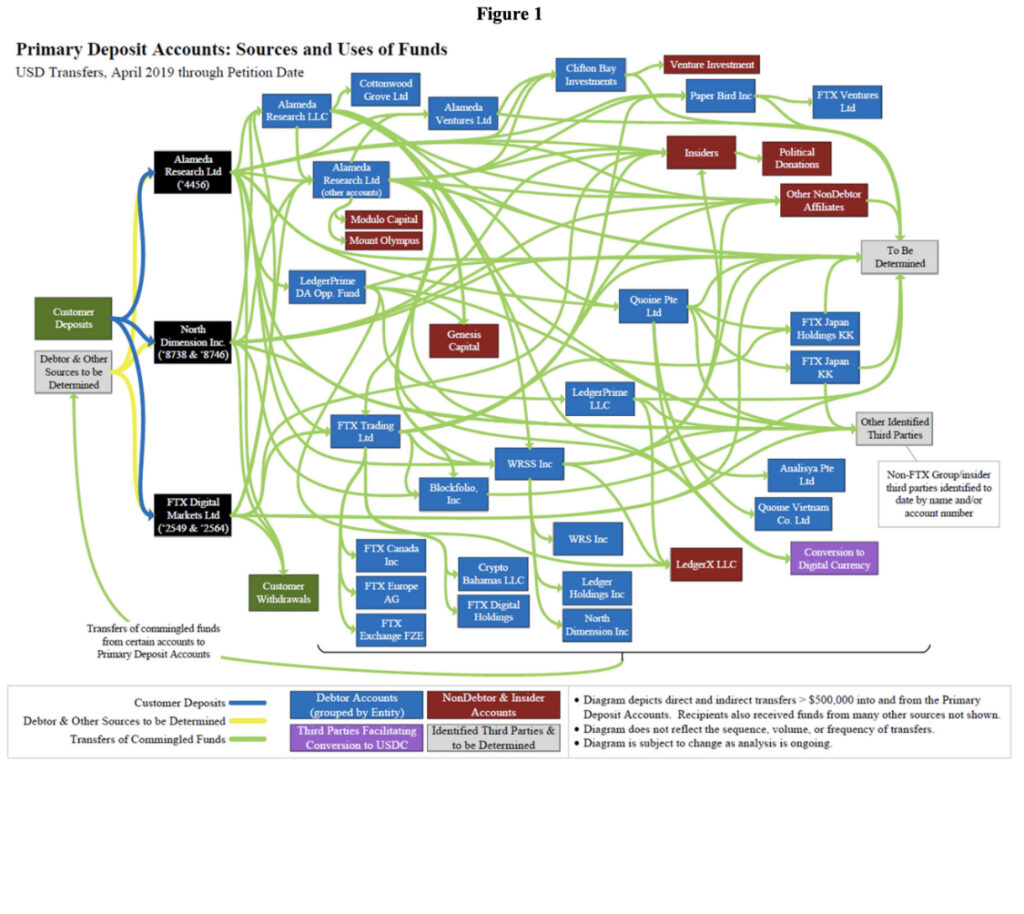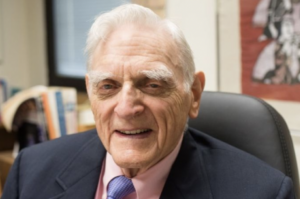The White House

Dusk on a Summer’s evening in northern Burgundy.
Quote of the Day
“First you take a drink, then the drink takes a drink, then the drink takes you.”
Musical alternative to the morning’s radio news
Bach | Cello Suite No.1 in G Major Yo-Yo Ma
Link
Eighteen minutes of pure bliss. The kind of thing you can enjoy when you’re on holiday.
Long Read of the Day
Marc Andreessen Is (Mostly) Wrong This Time
You may remember Wednesday’s Long Read — Dr Pangloss’s take on ‘AI’ and how it’s going to save the world.
Well, Gideon Lichfield, the current Editor of Wired, is gratifyingly unimpressed and provides an enjoyable critique of Andreessen’s boosterism.
Andreessen begins, he writes,
”with a 7,000-word screed, another stab at framing the narrative; this time, the story is that “AI will not destroy the world, and in fact may save it.” Much of it is devoted to debunking AI doom scenarios, and the rest to touting AI as little short of a civilizational savior.
This is of course predictable. Andreessen invests in technological revolutions, so he has little incentive to do anything but hype them up. His post does have value, though, in two ways. First, its obvious blind spots are a useful guide to the thinking of the biggest AI hypesters and where they go astray. Second, its takedown of some of the more hysterical AI fears is actually (somewhat) on target…
One of my complaints about Andreessen’s panglossian credulity is picked up by Lichfield. For example:
He argues that when technology makes companies more productive, they pass the savings on to their customers in the form of lower prices, which leaves people with more money to buy more things, which increases demand, which increases production, in a beautiful self-sustaining virtuous cycle of growth. Better still, because technology makes workers more productive, their employers pay them more, so they have even more to spend, so growth gets double-juiced.
There are many things wrong with this argument. When companies become more productive, they don’t pass savings on to customers unless they’re forced to by competition or regulation. Competition and regulation are weak in many places and many industries, especially where companies are growing larger and more dominant—think big-box stores in towns where local stores are shutting down…
And so on. Andreessen is undoubtedly clever — and rich. But sometimes he affects a childlike innocence about the world.
Chart of the day
FTX’s finances.

One of Molly White’s comments on the Interim CEO’s most recent report;
Interim CEO John J. Ray III filed the second interim report in the FTX bankruptcy, which follows the first one that was published in April. If SBF writing “We sometimes find $50m of assets lying around that we lost track of; such is life” rings a bell, that came from report number one.
John Goodenough RIP

From The Register…
One of the people who made our current lifestyles possible has died at the age of 100. John Goodenough shared the 2019 Nobel Prize in Chemistry (with Stanley Whittingham and Akira Yoshino) for the invention of the lithium-ion battery. In 1980, when he was Head of the Inorganic Chemistry Department at Oxford, he and three colleagues identified the cathode material (cobalt oxide — which, at a molecular level, has spaces that can house lithium ions) thereby enabling development of the rechargeable lithium-ion battery.
My commonplace booklet
A couple of questions that have been bothering me.
- How did Richard Wagner come to be mixed up with a brigade of Russian mercenary thugs? Answer (according to the NYT) the group took its name from the nom de guerre of its leader, Dmitry Utkin, a retired Russian military officer who is said to have chosen Wagner to honour Hitler’s favourite composer. As Thomas Beecham might have said, I don’t much like his music, but I sometimes admire the noise it makes.
- Why are Western mainstream media continually underestimating Joe Biden? It’s really exasperating when you see what Biden has been achieving in the face of a Republican Party that has given up on democracy. His misnamed Inflation Reduction Act is an inspired act of industrial revival almost on an FDR scale (and if you doubt that just look at how freaked other Western democracies are by it). Biden’s support for Ukraine is the main reason why Putin’s invasion has stalled and may even now be going into reverse. And he has formulated a strategy for containing Chinese expansionism, especially in technology. To me he looks like (whisper it) a much more effective (if less photogenic) President than Obama. Is media reluctance to take him seriously actually an act of unconscious (or covert) ageism? Just askin’.
Linkblog
Some things I noticed, while trying to drink from the Internet firehose, which might be of interest.
- The Guardian’s approach to generative AI – like most media outfits the Guardian now has a policy on it. I can’t see what the panic is about. It’s like having free, hardworking but inexperienced interns who sometimes make things up. So you never let their work reach the public before it has passed through an editorial brain.
- Victims speak out over ‘tsunami’ of fraud on Instagram, Facebook and WhatsApp. This is news???
- Robert Reich on why he’s not running for President . Really insightful piece. He lists three reasons: (i) he’s not narcissistic enough; (ii) you need to be wildly extroverted and he’s not; and (iii) you need to be a method actor — someone who is able to will yourself into feeling whatever a situation demands, so you come off as authentic. As they say, if you can fake authenticity, you’ve got it made.
This Blog is also available as an email three days a week. If you think that might suit you better, why not subscribe? One email on Mondays, Wednesdays and Fridays delivered to your inbox ay 6am UK time. It’s free, and you can always unsubscribe if you conclude your inbox is full enough already!



